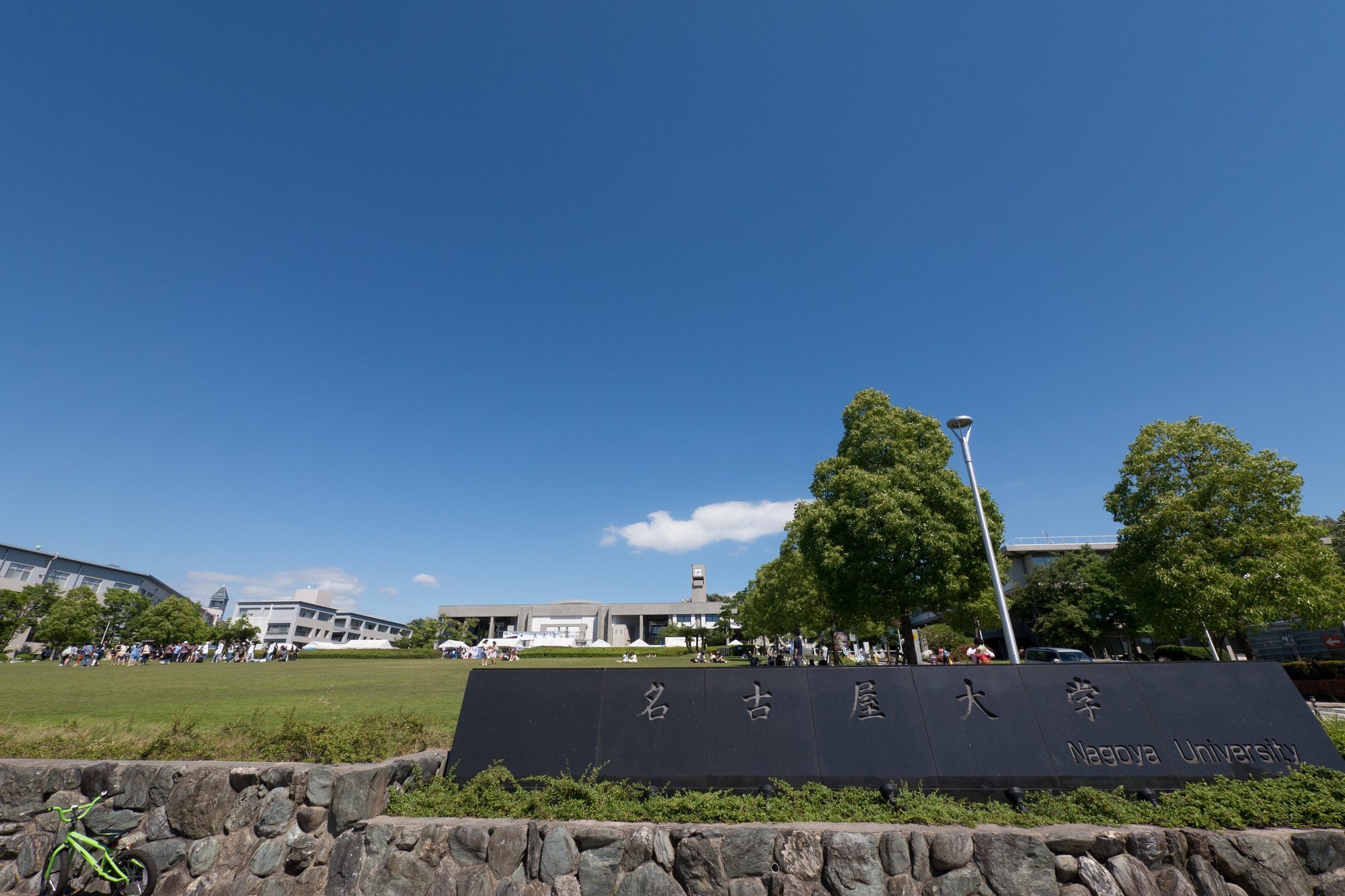A research group at Nagoya University has demonstrated for the first time in the world the possibility that one of the protein kinases, ``Rho kinase'', can serve as a therapeutic target for schizophrenia.
This group has so far identified an "ARHGAP10 gene variant (mutation)" that is strongly involved in the onset of schizophrenia in Japanese. "Abnormal activation of neuronal cells in the medial prefrontal cortex", "decreased spine density of neurons in the medial prefrontal cortex", and "decreased cognitive function (increased sensitivity to stimulants) due to low-dose stimulants that do not affect wild-type mice" appear. have made it clear.However, since these relationships have not been well understood, this time, through experiments in which a Rho kinase inhibitor was administered to Arhgap10 gene-modified mice, we investigated the role of Rho kinase in the pathogenesis of schizophrenia based on Arhgap10 gene variants. explored.
As a result, we found that administration of a Rho kinase inhibitor could ameliorate abnormal spine density and increased sensitivity to stimulants in the medial prefrontal cortex of Arhgap10 gene-modified mice.In other words, aberrant activation of Rho kinase plays an important role in the decreased spine density and increased sensitivity to stimulants in the medial prefrontal cortex caused by Arhgap10 gene variants.
Therefore, Rho kinase is likely to be a therapeutic target in the pathogenesis of schizophrenia based on Arhgap10 gene variants.In the future, the findings obtained in this study are expected to greatly contribute to the development of new therapeutic agents for schizophrenia, including patients with ARHGAP10 gene variants.

